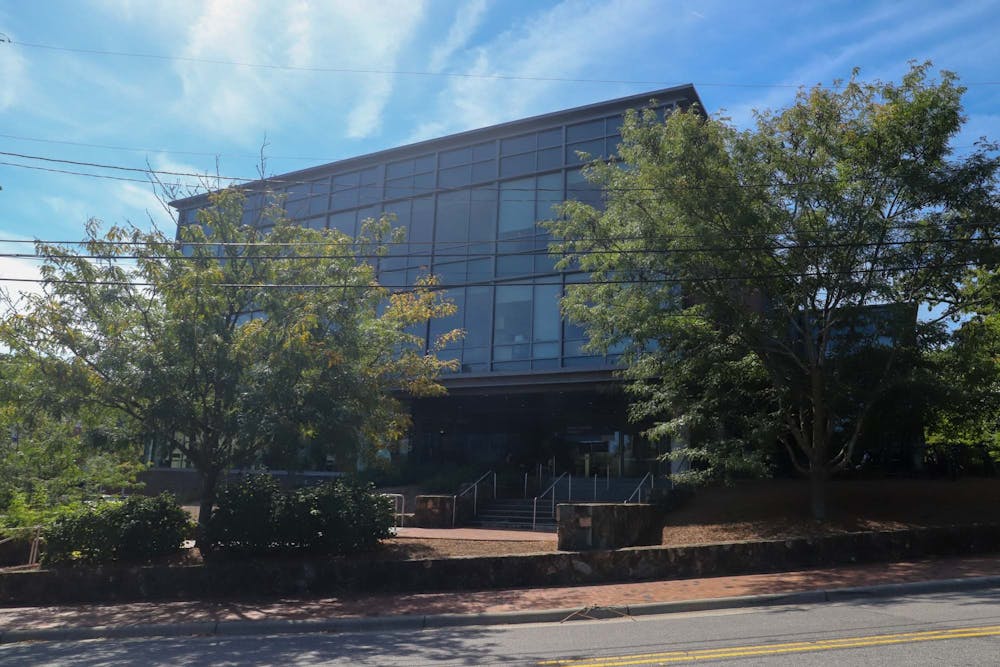Appreciation of Latin American culture reaches a peak at UNC and Duke University, where the ancient language of Yucatec Maya is taught.
The UNC-Duke Consortium in Latin American and Caribbean Studies facilitates the collaboration between the two campuses and across disciplines.
“I think it's important for the citizens and residents in North Carolina to learn about Latin America and its history, culture, politics and economics because, increasingly, Latin America is coming here,” Louis Pérez Jr., co-director of the consortium, said.
Peréz said learning about Latin American culture, experiences and heritage grows in importance every day.
In 2019,almost 50 % percent of foreign-born citizens in North Carolina were born in Latin America, according to the Migration Policy Institute.
Pérez said since such a large portion of the N.C. population comes from Latin America, education has to be collaborative in order to expand knowledge of Latin America.
“It would be good for the citizenry at large to arrive at some appreciation of the history and the experiences of the people who are moving into the state,” Pérez said.
The consortium is meant to accomplish precisely that. It offers aid and resources to help fulfill the mission of collaboration of Latin American and Caribbean Studies across the nation.
Miguel Rojas-Sotelo, the consortium's special events coordinator, said the program offers funds for faculty and student research, budgets to support travel and classes for less commonly taught languages — such as Haitian Creole and Yucatec Maya.



